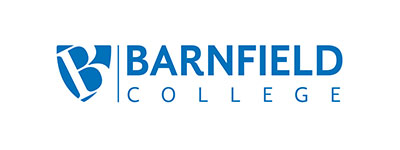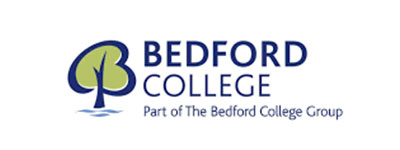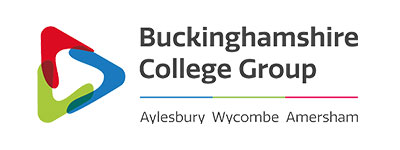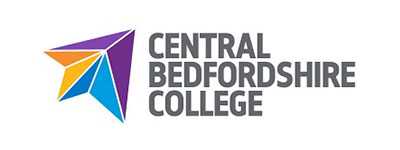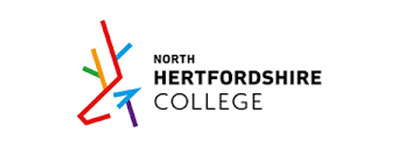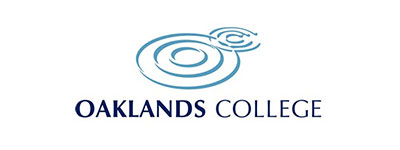Did you know you can get FREE online revision support from the BBC?
Download our useful workbook to help with decision making
Choices at 16
At 16 you will be making some major choices about your future. This is the chance for you to decide what you want to do.
Whatever job or course you’re thinking about, find out about the different post-16 qualifications you can take to get you there.
Everyone has to be in some form of recognised education and training until at least their 18th birthday. But you don’t have to stay at school, you have a number of different choices.
Why not try this free online course to help you build skills and careers confidence – Journey to Work
Places to study at 16
Many people chose to say on at school, but there are other choices too, like studying at a college or training provider or getting an apprenticeship.
Full-time Education
After taking your GCSEs (Level 2 qualifications), you could move on to Level 3 qualifications, either by staying on in school or going to college. The courses at Level 3 are A levels (mainly to qualify you for university) and vocational qualifications (to qualify you for a job). You can take a mixture, but if you are thinking of going to university, you'll usually have to have at least one A level. Many universities will require more than one.
For those who have additional needs, need more support or a smaller environment, there are training providers that offer a more flexible approach. Please visit the Additional support page
You can use this search engine to find courses near you:
You could explore the local colleges’ websites to see what they offer and how to apply:
Start an Apprenticeship or a job with training - earning and learning at the same time.
Study Programmes
If you're going into post-16 education or training, your school or college should offer you a study programme - whether you’re doing academic or vocational study (or a mix of both). Your study programme should be, as far as possible, a tailored package. It’s like an individual learning plan based on your qualifications and achievements, what you want and need to do next, and any career plans you have. Study programmes should combine learning about an area of work or subject, developing personal and social skills and improving skills in English, Maths and ICT.
There is a requirement that students who gained a D mark in English or Maths will have to re-sit these and you must continue to study them in school or college, along with whatever else you decide to do.
Online courses
You may come across private online courses which seem attractive. Before committing to one of these please consider the following:
Education is free for 16-19 years olds and for those who do not yet have level 2 qualifications, so why pay? Many institutions are offering some of the learning online.
If you want a bespoke training course not available locally, then opt for courses offered by DfE registered providers, universities or other government endorsed providers.
Check what qualification you will get and with what exam board
Check independent reviews - do not rely solely on reviews on the website
Check you have the correct equipment specification and internet speeds
Check whether there are opportunities for individual tutorials for when you need support , find out how you will get feedback
Make yourself a timetable and find a quiet space to work, so you keep on track
Beware of promises of guaranteed access to employment or high earnings
19 year+ there are shorter courses available through our Bedfordshire Employment and Skills Service. Many of these are online at the moment and will continue so in future
Remember : under Raising of Participation Age, young people aged 16 - 18 need to be in at least 16 hours of DfE registered education provision or be confirmed in employment with training
Please stay safe online - check out Keeping Safe Online.
How to choose
When you’re choosing your next step, it’s useful to think about what career you would like. Why not take this Careers Quiz to find out what your strengths and skills are.
Or you could visit the National Careers website to look at job profiles. Each of them gives you the essential information you need on what the job involves and it it’s right for you.
Did you know you can get FREE online revision support from the BBC?











